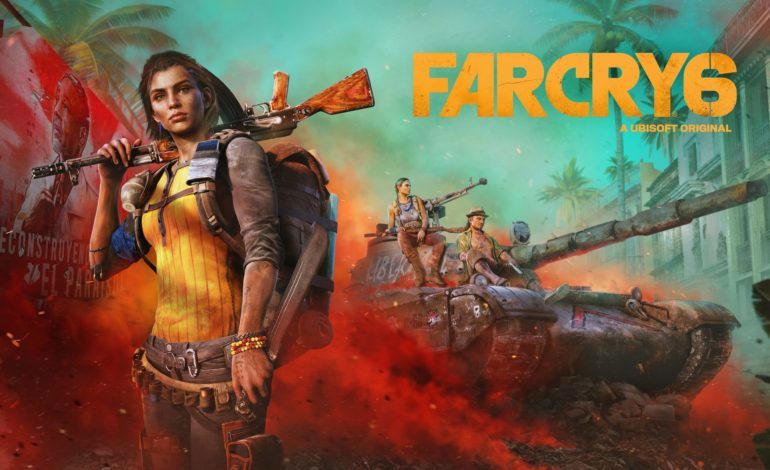

Last week, Ubisoft shared the first look at the upcoming Far Cry 6. The game is slated for release later this year on October 7, 2021, for PC, PlayStation 5, PlayStation 4, Xbox One, Xbox Series X|S, and Google Stadia. The game follows Dani Rojas as he or she spearheads the resistance movement and goes to war against Anton Castillo, the Dictator of the country of Yara. Speaking to The Gamer, Narrative Director Navid Khavari talked about expressing a true “guerilla fantasy” with the game while not making a political statement. The game is taking a lot of inspiration from guerilla warfare and they decided to craft the new location of the game to be inspired by Cuba, but the developers did not want to make a statement about what’s happening in Cuba. “When you talk about guerillas, you think of the guerillas in the 1950s and 1960s, we actually went down there to speak to actual guerilla fighters who fought back then, and we just really fell in love with their stories,” Khavari said. “But we also fell in love with the culture and people we met. When we came out of that, it wasn’t that we felt we had to do Cuba, we realized it’s a complicated island and our game doesn’t want to make a political statement about what’s happening in Cuba specifically. Beyond that, we’re drawing inspiration from guerilla movements around the world and throughout history. For us, it felt like doing the island of Yara would help us tell that story while being very open with our politics and inspiration.” Navid Khavari has since clarified and released a new statement regarding the politics of Far Cry 6, saying that the game and the story that they are trying to tell is political.
Far Cry 6’s narrative director Navid Khavari shares his thoughts on the politics of the game:
— Far Cry 6 (@FarCrygame) May 31, 2021
“Our story is political. A story about a modern revolution must be. There are hard, relevant discussions in Far Cry 6 about the conditions that lead to the rise of fascism in a nation, the costs of imperialism, forced labor, the need for free-and-fair elections, LGBTQ+ rights, and more within the context of Yara, a fictional island in the Caribbean,” Khavari said. He wanted to empower his team to be fearless in the story they are telling. The developers also wanted to be very careful when approaching some of their inspirations for the game such as Cuba.
The team sought creators and collaborators who can speak personally to the history and cultures of the regions that inspired them. Experts and consultants were brought in to examine the game story multiple times to make sure that it was being told with sensitivity. Clarifying if they are trying to make a statement on Cuba and its history, Khavari said “The conversations and research done on the perspectives of those who fought revolutions in the late 1950s, early 1960s, and beyond are absolutely reflected in our story and characters. But if anyone is seeking a simplified, binary political statement specifically on the current political climate in Cuba, they won’t find it.”
Navid Khavari says Far Cry 6’s story is a point-of-view that attempts to capture the political complexity of a modern, present-day revolution within a fictional context. “Far Cry is a brand that in its DNA seeks to have mature, complex themes balanced with levity and humor. One doesn’t exist without the other, and we have attempted to achieve this balance with care. My only hope is that we are willing to let the story speak for itself first before forming hard opinions on its political reflections.”
Play games, take surveys and take advantage of special offers to help support mxdwn. Every dollar helps keep the content you love coming every single day.
